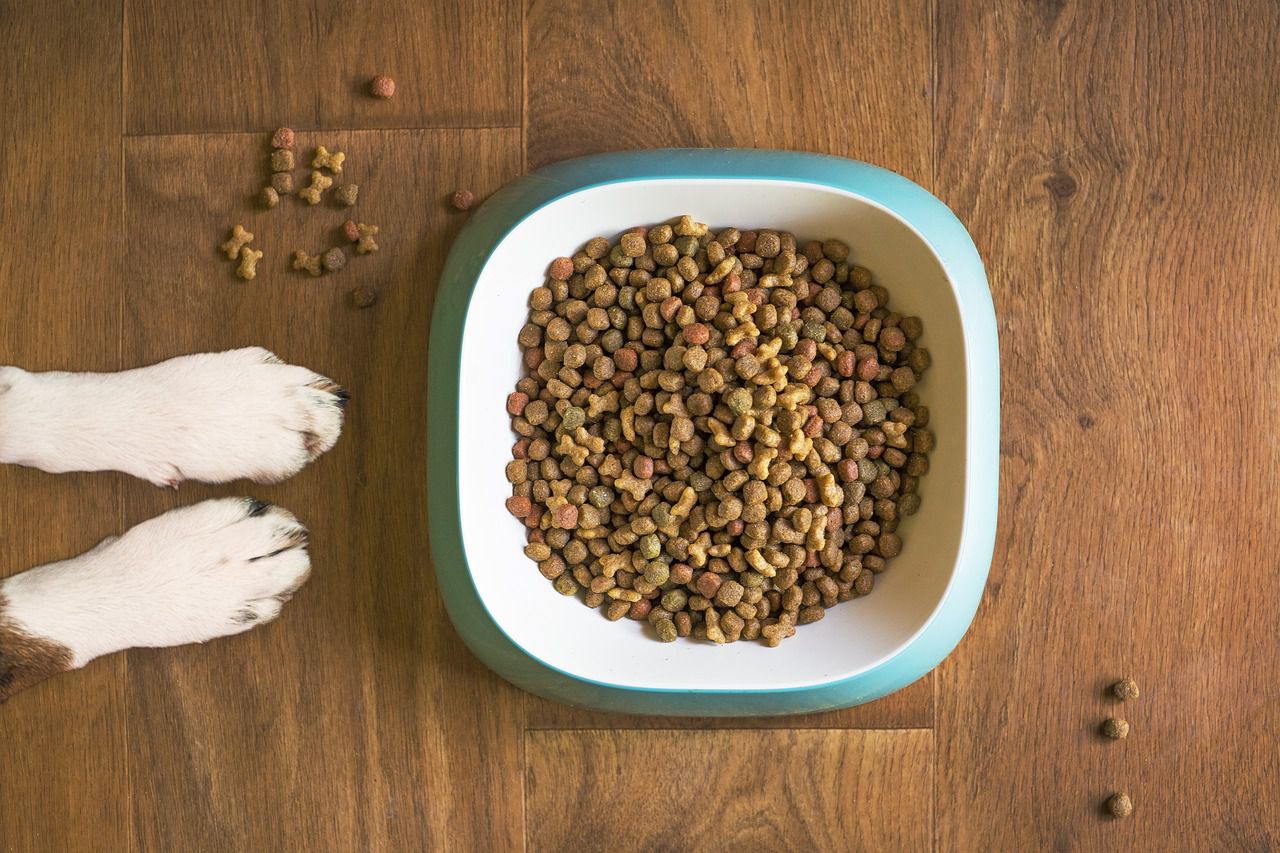To keep your pets healthy, you should make sure they get enough vitamins from food and environment - but how to achieve that?
After consulting a vet, you can gradually improve your dog's diet and routine by implementing some useful habits.
Here are some of them.
Choose High-Quality Food
Start by feeding your dog high-quality commercial dog food. Many good brands have balanced nutrition with essential vitamins.
Read the labels to ensure it meets your dog's nutritional requirements.

Supplements
If your vet suggests it, you can use vitamin supplements. These are available in various forms like pills, capsules, or liquids.
Always follow the vet's advice on which supplements to use and how much.
Natural Sources
Some vitamins can be added through natural foods.
For example, you can give your dog small amounts of fruits and vegetables like carrots, blueberries, or sweet potatoes.
These can provide vitamins like A and C.
Sunlight Exposure
Vitamin D is crucial for dogs, and they can get it through sunlight.
Allow your dog to spend some time in the sun, but don't overdo it, especially on hot days.
Balanced Diet
Ensure your dog's diet includes a variety of proteins, carbohydrates, and fats. This variety can provide a range of essential vitamins.
Regular Checkups
Keep up with regular vet checkups. Your vet can monitor your dog's health and recommend any necessary dietary adjustments.
Water
Fresh and clean water is crucial. It helps in the absorption and utilization of vitamins and nutrients. Make sure your dog has access to water at all times.
Conclusion
Remember, it's important to give your dog the right vitamins in the correct amounts.
Too much of certain vitamins can be harmful, so always consult your vet to ensure your dog's diet is balanced and healthy.









